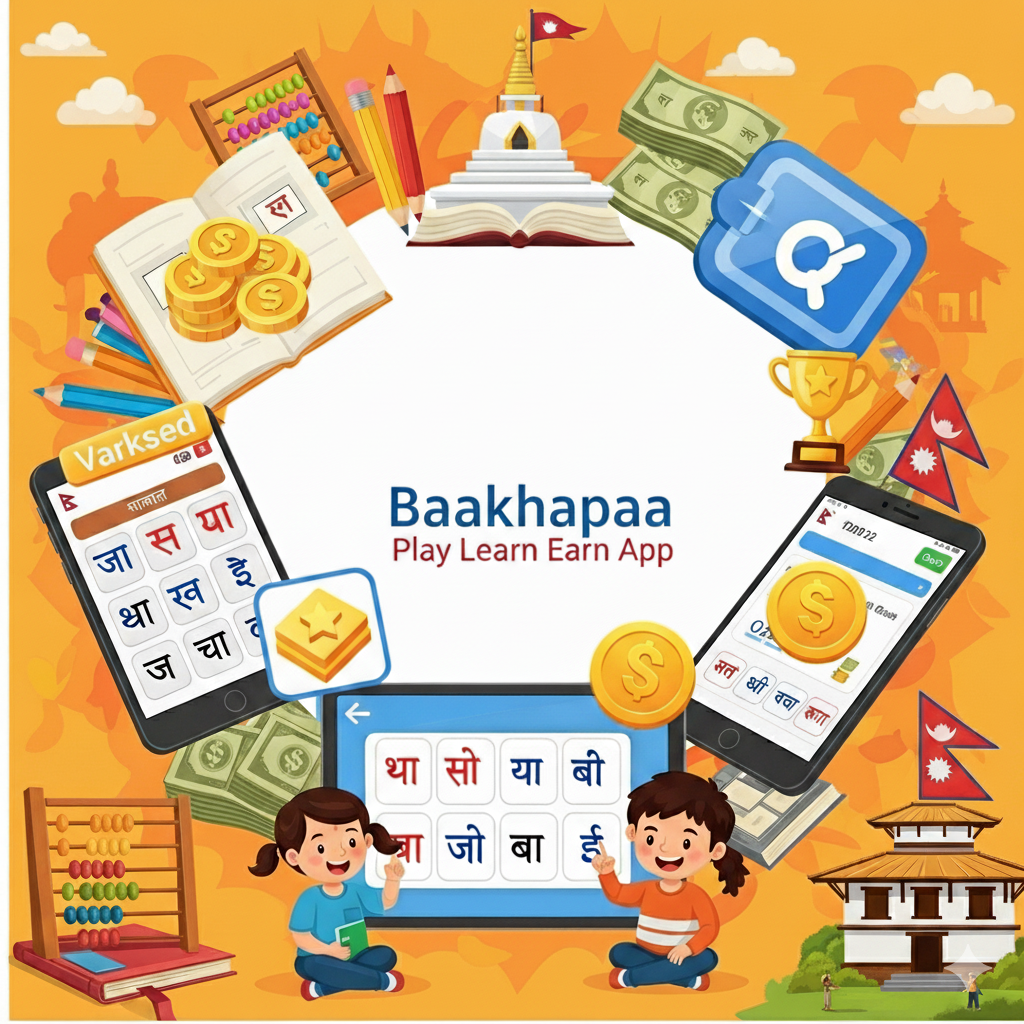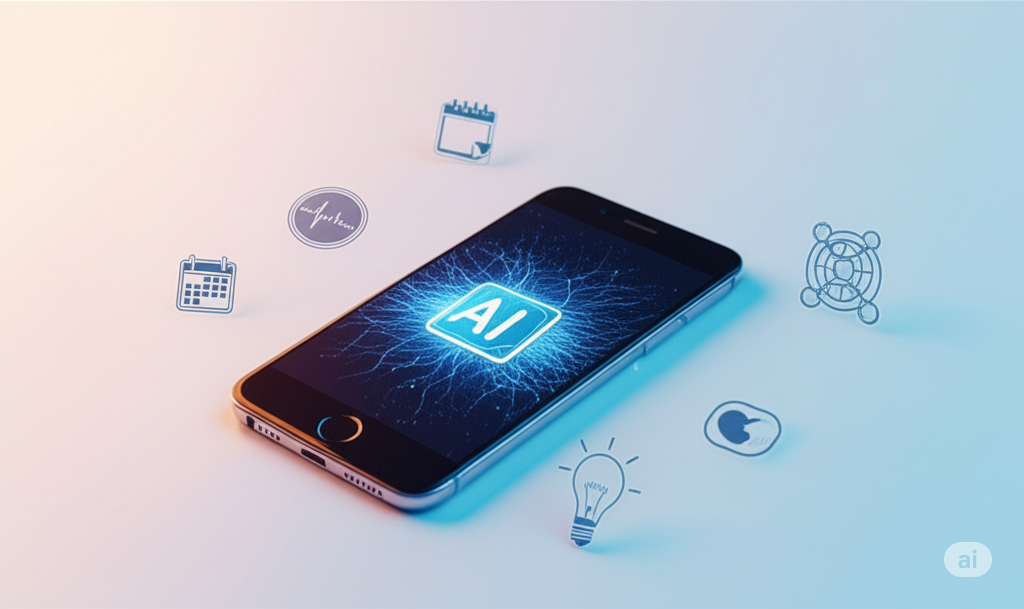Beyond Degrees: The Top 5 'Micro-Skills' to Learn in 2025/2026 for Future-Proofing Your Career & Income
The traditional career path, once a well-worn highway paved with four-year degrees, is rapidly transforming into a dynamic, interconnected web. In 2025 and 2026, the pace of technological change – particularly the relentless march of AI and automation – means that what you can do is often more valuable than where you went. The future of work isn't just about big, broad qualifications; it's increasingly about agile, adaptable "micro-skills" that can be learned quickly and directly translate into earning potential.
Forget spending years and fortunes on a degree that might be partially obsolete by the time you graduate. The smart money is on acquiring targeted, in-demand skills that empower you to pivot, adapt, and stay competitive in a landscape defined by continuous evolution. These aren't just buzzwords; they're the keys to unlocking new opportunities and securing your income in the coming years.
Here are the top 5 'micro-skills' you should focus on learning in 2025/2026 to future-proof your career and boost your earning potential:
1. Generative AI Prompt Engineering & Literacy
Why it's crucial: Generative AI, like ChatGPT, Midjourney, and similar tools, is no longer a novelty; it's becoming an indispensable co-pilot across virtually every industry. From marketing copy and code generation to design concepts and research summaries, AI is augmenting human capabilities. The "micro-skill" here isn't building the AI, but knowing how to effectively communicate with it. Prompt engineering – the art and science of crafting precise instructions to get the desired output from a generative AI – is a game-changer. AI literacy, understanding AI's capabilities, limitations, and ethical implications, is equally vital.
Income potential: Roles from content creators and marketers to software developers and project managers are seeing increased demand for individuals who can seamlessly integrate AI into their workflow. Prompt engineers, AI content specialists, and AI-assisted designers are emerging roles commanding strong salaries.
How to learn: Online courses (Coursera, Udemy, edX), AI tool tutorials, dedicated prompt engineering communities, and consistent hands-on experimentation are excellent starting points. Many AI platforms offer free basic training.
2. Data Storytelling & Visualization
Why it's crucial: We're drowning in data, but insights are gold. The ability to not just analyze data, but to transform complex data into compelling, understandable narratives is a superpower. Businesses, regardless of their sector, rely on data-driven decisions. If you can effectively visualize trends, identify key takeaways, and communicate them in a way that resonates with non-technical audiences, you become invaluable. AI can crunch numbers, but human creativity and critical thinking are needed to craft the story.
Income potential: Data analysts, marketing specialists, business intelligence professionals, and even sales roles benefit immensely from this skill. It's a differentiator that can lead to higher-level responsibilities and better compensation.
How to learn: Free and paid online courses on data visualization tools (Tableau, Power BI, Google Looker Studio), Excel proficiency, storytelling frameworks, and even graphic design fundamentals. Practice by taking real-world data sets and trying to tell a story with them.
3. Digital Client Experience & Relationship Management
Why it's crucial: In an increasingly digital-first world, the human touch remains paramount. As more interactions shift online, the ability to create exceptional virtual client experiences, build rapport remotely, and manage relationships across digital platforms is in high demand. This goes beyond basic customer service; it involves understanding digital communication nuances, personalized engagement strategies, and leveraging online tools to foster loyalty and satisfaction.
Income potential: This skill is essential for sales, marketing, customer success, project management, and even freelance roles. Companies are actively seeking professionals who can maintain strong client connections in a remote or hybrid environment.
How to learn: Online courses on digital communication, CRM software proficiency (Salesforce, HubSpot), virtual presentation skills, digital marketing strategies, and perhaps even psychology courses focused on communication and persuasion.
4. Low-Code/No-Code Development
Why it's crucial: The demand for new software and applications is exploding, but not everyone needs to be a hardcore programmer. Low-code/no-code platforms (e.g., Bubble, Webflow, Zapier, Microsoft Power Apps) allow individuals to build functional applications, websites, and automated workflows with minimal or no coding knowledge. This empowers non-technical professionals to rapidly prototype solutions, automate tedious tasks, and bring ideas to life, democratizing software development.
Income potential: "Citizen developers," business analysts, project managers, and even entrepreneurs can leverage this skill to create efficiencies, build minimum viable products, and streamline operations, making them highly desirable within organizations. It also opens doors for freelance work in rapid app development.
How to learn: Platform-specific tutorials and communities (most low-code/no-code tools have excellent free learning resources), online courses, and practical projects to build your portfolio.
5. Cybersecurity Awareness & Digital Resilience
Why it's crucial: As our lives become more digital, so do the threats. Cybersecurity isn't just an IT department's problem; it's everyone's responsibility. A fundamental understanding of cyber risks, best practices for data protection, identifying phishing attempts, and maintaining digital hygiene is no longer optional – it's a critical 'micro-skill' for every professional. Beyond awareness, digital resilience – the ability to recover and adapt quickly from digital disruptions or threats – is also key.
Income potential: While dedicated cybersecurity roles require extensive training, a strong understanding of cybersecurity awareness makes you a more valuable and trustworthy employee in any position. It mitigates risk for employers and can be a significant advantage on your resume.
How to learn: Free online courses from cybersecurity organizations, company-provided training, learning about common cyber threats (phishing, malware), and staying updated on data privacy regulations.
Please login to leave a comment.


 Rakesh Rajbhat
Rakesh Rajbhat




